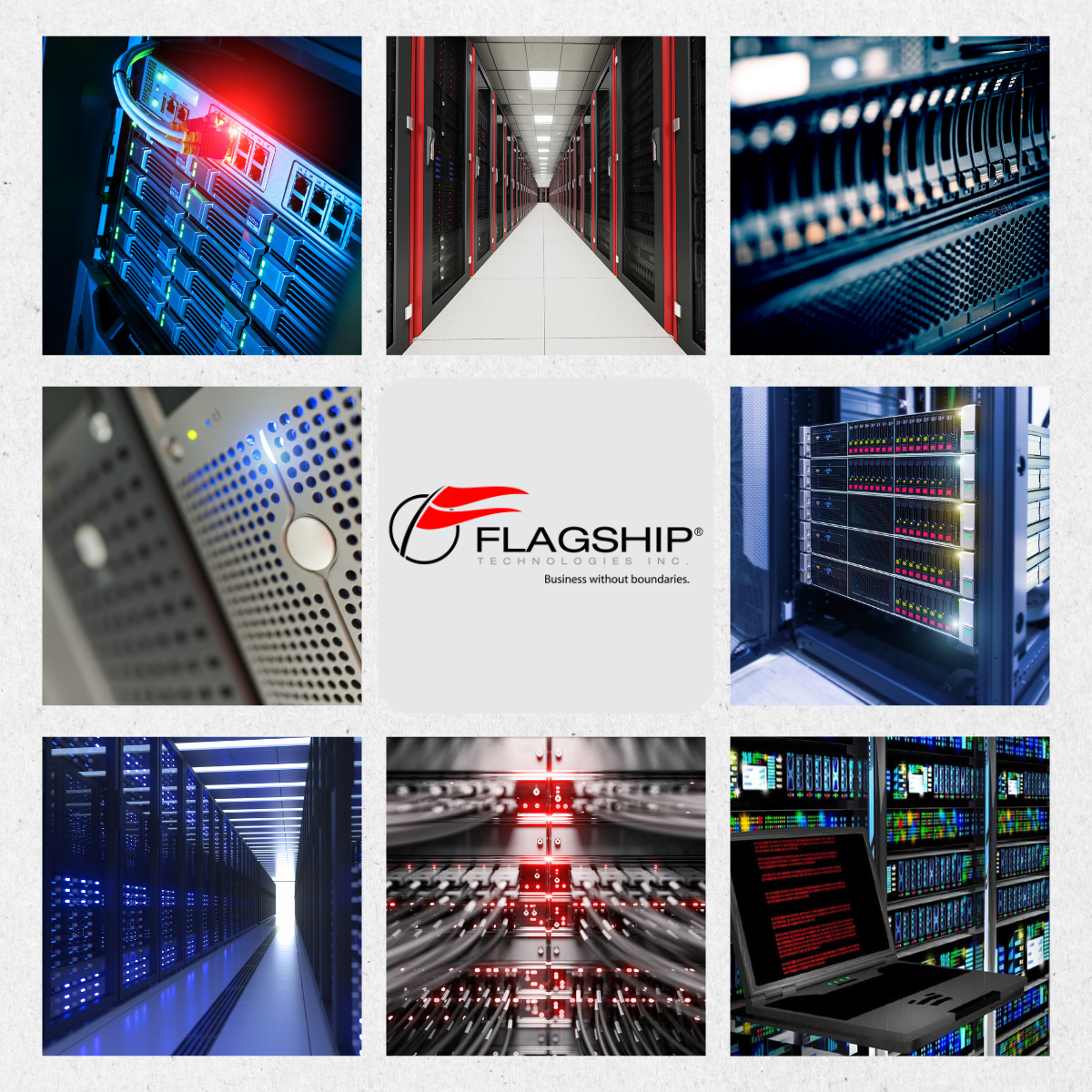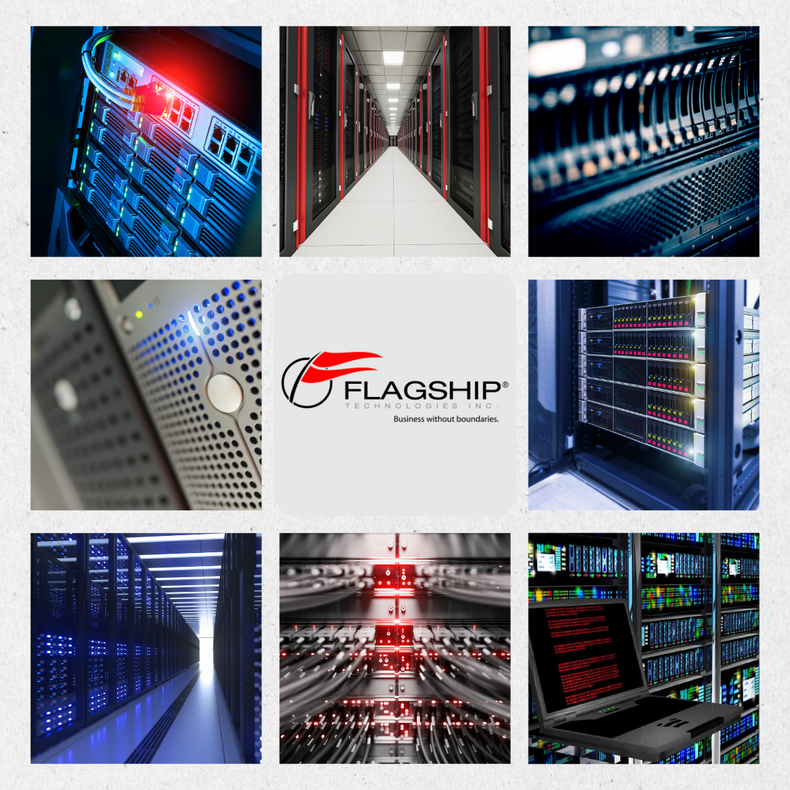
General:
Is a custom server build cheaper than a pre-built server?
- Potentially, but the cost difference might be less significant with server-grade components. Pre-built servers often offer benefits like warranty and support that can outweigh the initial cost savings.
What are the benefits of building a custom server?
- More customization: You choose exactly the components you need for your specific use case.
- Potentially lower cost: You might be able to get more hardware for your budget compared to pre-built servers (with some exceptions).
What are the drawbacks of building a custom server?
- Compatibility: Ensuring all components work together seamlessly requires research and expertise.
- Warranty and Support: If you are building the server yourself, troubleshooting issues might be trickier with individual component warranties compared to a single warranty for a pre-built server.
- Quality: Desktop-grade components are not designed for server workloads and can lead to more frequent failures.
Hardware:
What type of hardware do I need for a custom server build?
The hardware depends on your specific needs. Common components include:
- Server-grade motherboard with features like ECC memory support and remote management.
- Server-grade CPU with enough cores and processing power for your workload.
- Server-grade RAM (ECC memory recommended for improved data integrity).
- Multiple hard drives or solid-state drives (SSDs) for storage, depending on your needs for capacity and speed.
- Reliable power supply with sufficient wattage to handle all components.
Where can I buy server-grade hardware?
- Flagship Technologies is a trusted vendor since 1995 and sells used or refurbished server equipment. Flagship will ensure you're getting high-quality hardware suitable for your server needs. Do I need a special case for a custom server build?
- Not necessarily. Standard ATX towers can work for some builds, but server cases often offer better cooling, noise reduction, and features like hot-swappable drives for easier maintenance.
Software:
What operating system should I use for my server?
- Popular choices include: Linux distributions like Ubuntu Server or CentOS (often preferred for their flexibility and cost-effectiveness). Windows Server (offers a familiar interface for Windows users but can be more expensive). Your technical expert at Flagship Technologies can assist you will finding the software that works best for your infrastructure.
- How do I install and configure the software for my server?
- Many server operating systems offer user-friendly installation guides and online resources.
Additional Considerations:
What is the difference between server-grade and desktop-grade hardware?
- Server-grade components are designed for 24/7 operation, with features like error correction and more robust build quality. Desktop-grade components are not optimized for constant workloads and may fail more frequently in a server environment.
Should I build my own server or buy a pre-built server?
- It depends on your needs and expertise. Pre-built servers offer ease of use, warranty, and support, while custom builds allow for more customization and potentially lower cost (with server-grade components).
Where can I find help with troubleshooting my custom server build?
- Online forums and communities (like r/CustomServerBuilds!) can be a great resource for troubleshooting and getting advice from experienced builders.

